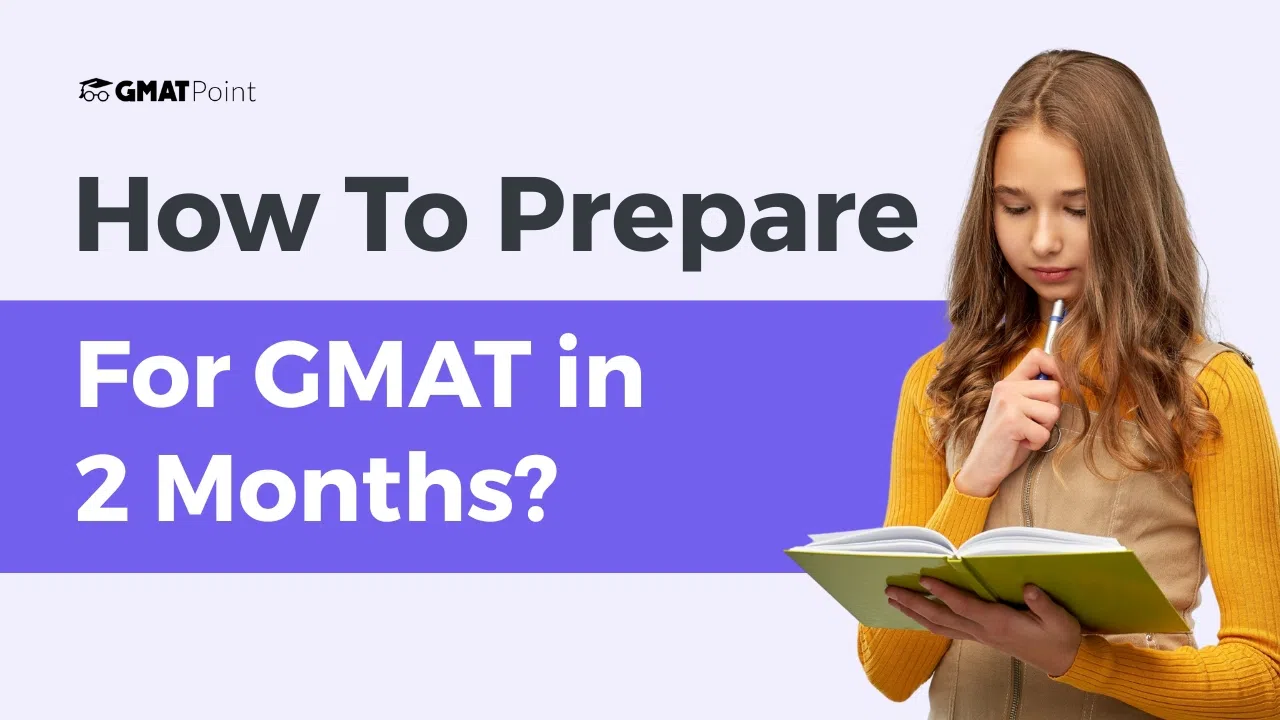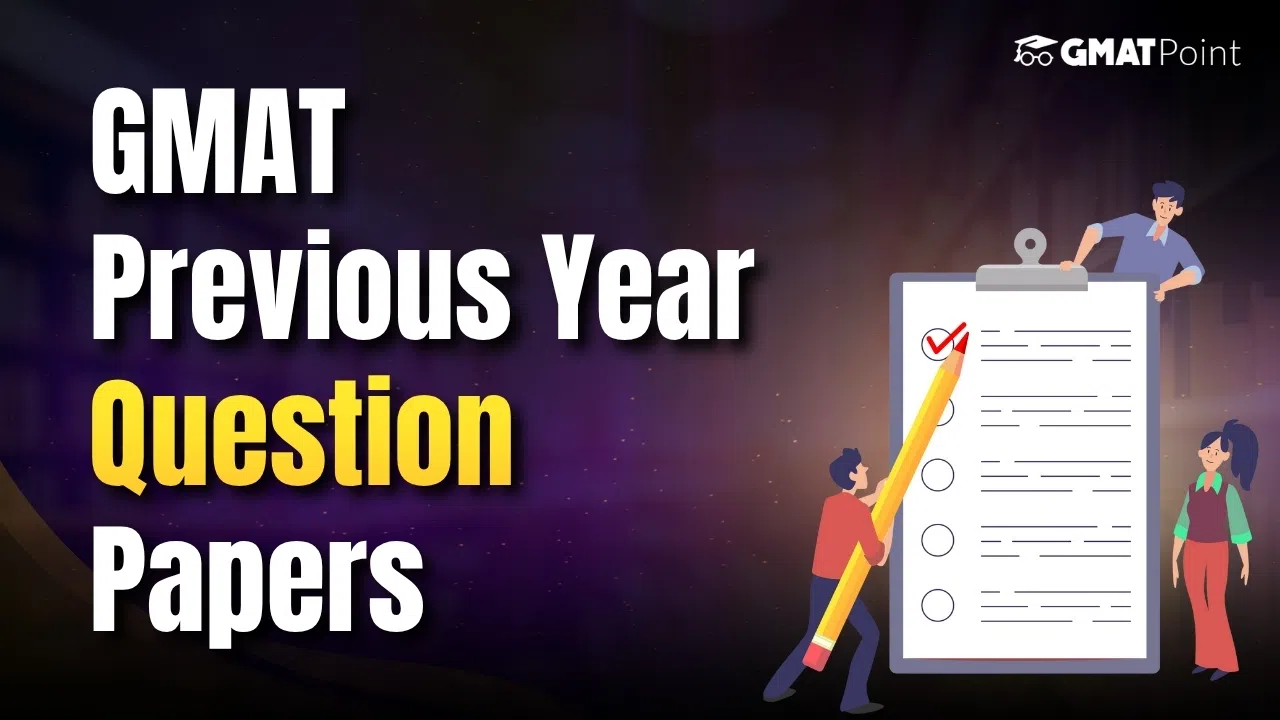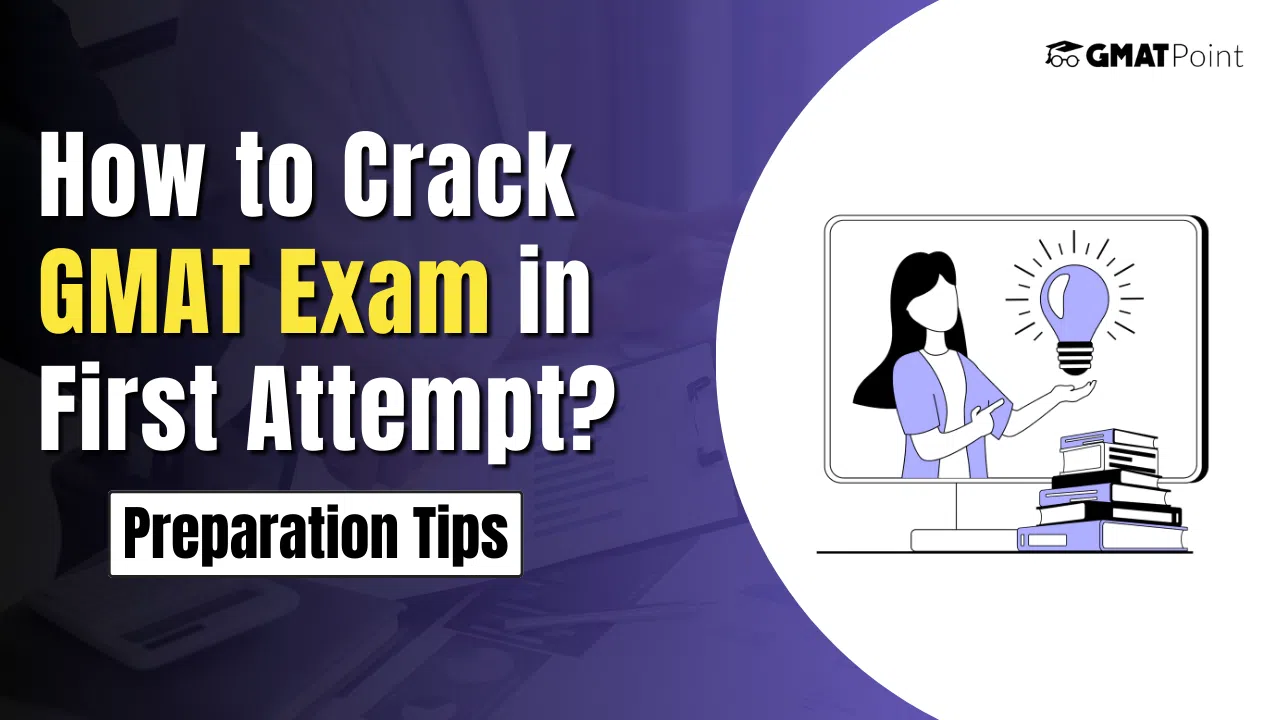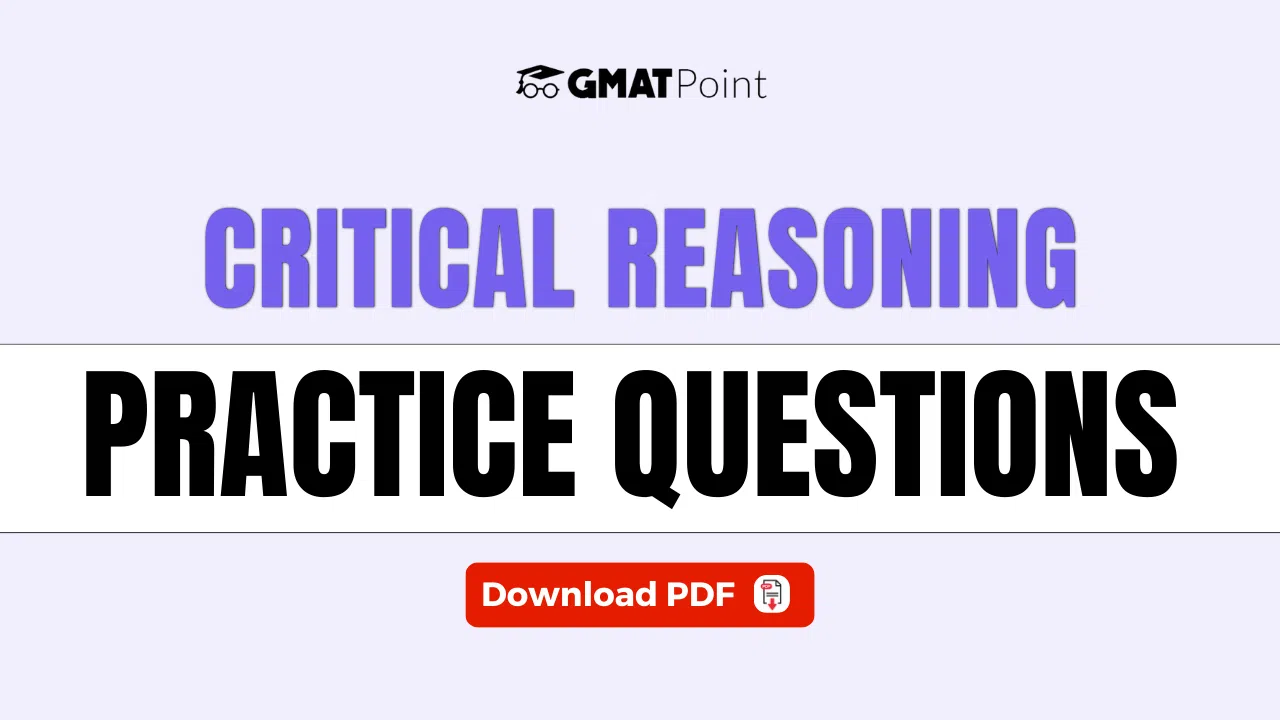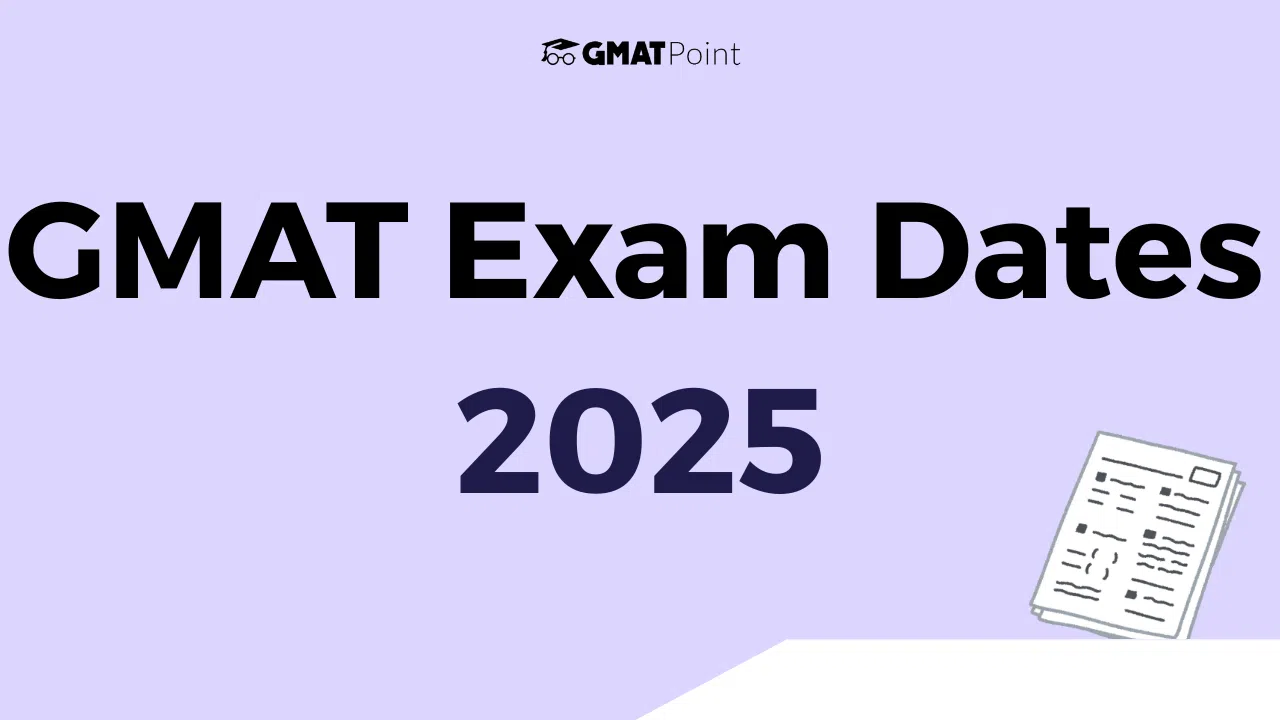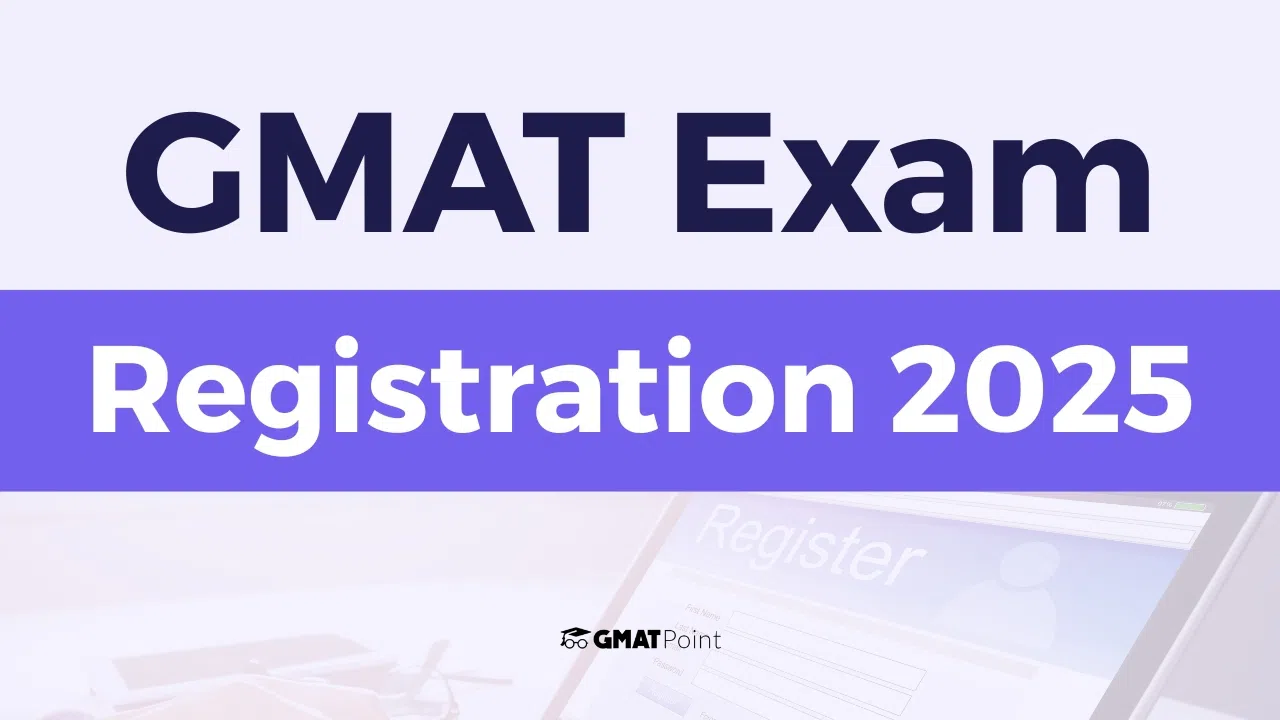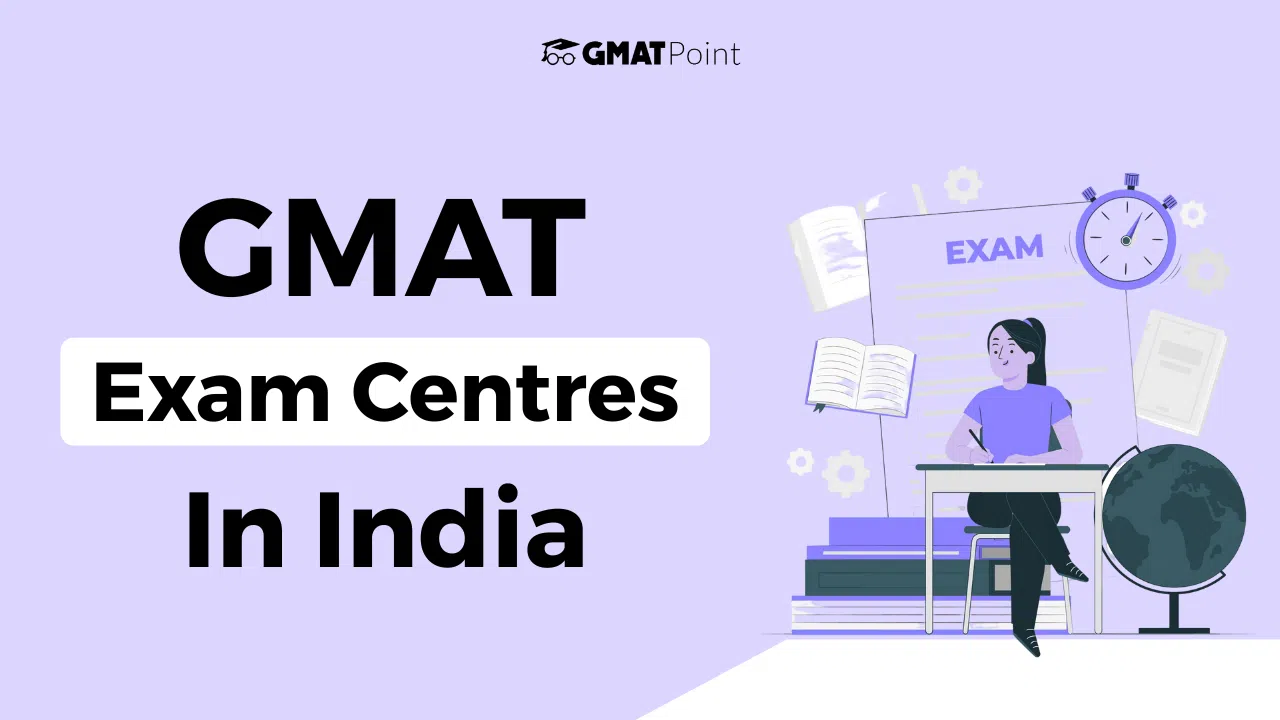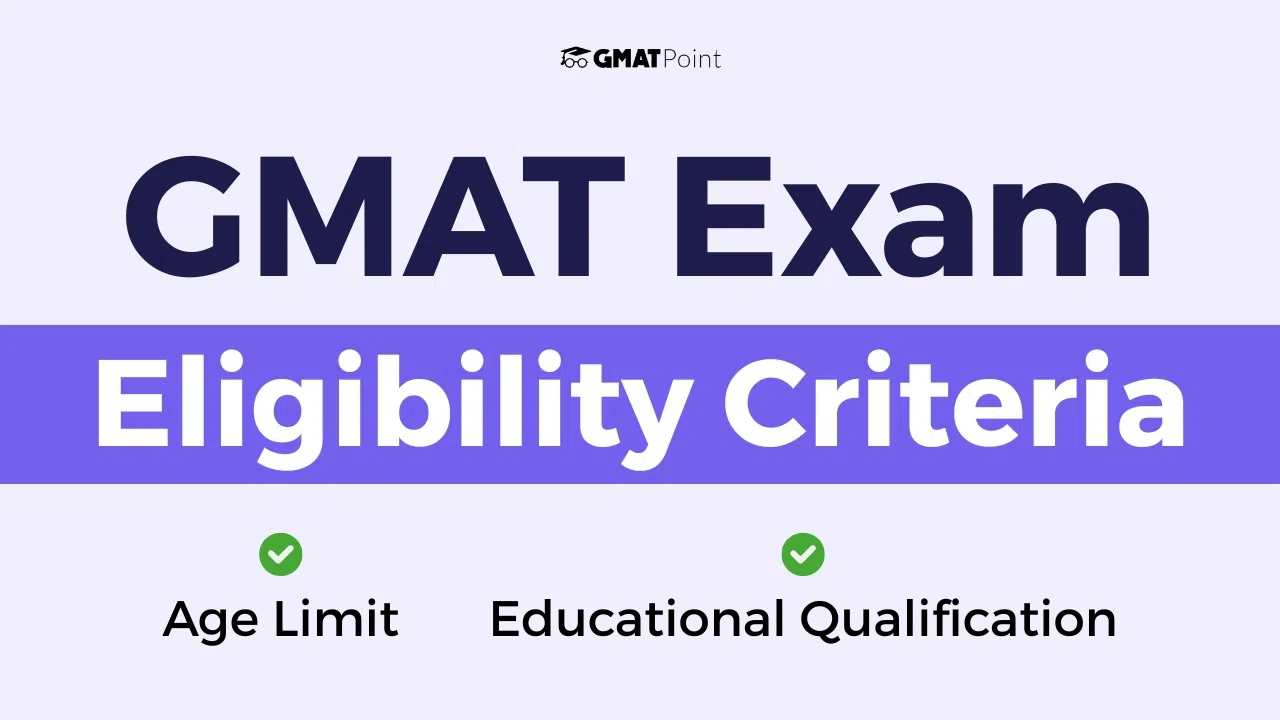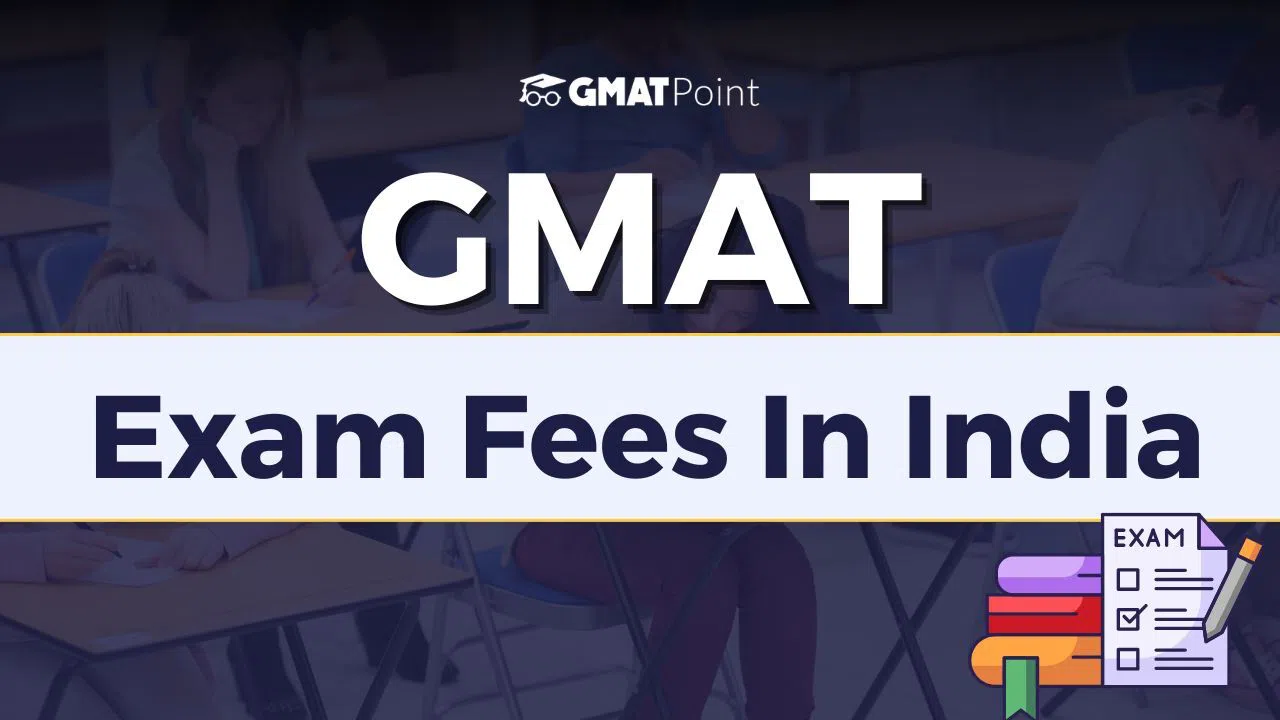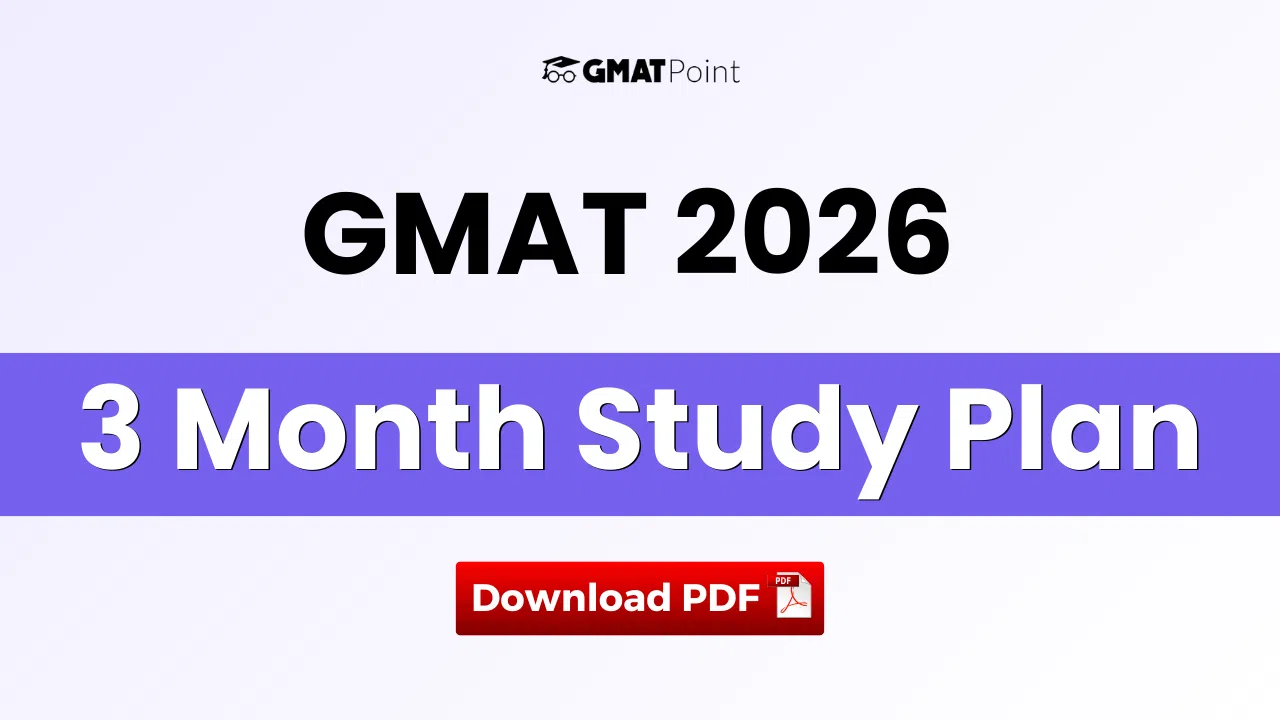How To Prepare For GMAT In 2 Months
Are you ready to take the GMAT but only have two months to prepare? It can feel stressful trying to cover everything in a short time. If you want a clear, practical plan to help you study efficiently, this 60-day GMAT study plan is for you. With a focused approach and steady effort each week, you can improve your skills and boost your score. Whether your goal is to get into a top business school or just do your best on the test, following this week-by-week plan will keep you on track. In this guide, you’ll find a full schedule, useful book suggestions, and tips, especially for busy professionals.
Week-by-Week GMAT 2 Month Study Plan
Getting ready for the GMAT can be tough if you don’t know where to start. This 2-month GMAT preparation strategy shows you what to focus on each week, step by step. It helps you cover all the important topics and practice enough so you feel confident on test day. The plan is based on official GMAT materials and real advice, so you’re studying the right things at the right time.
Week 1: Understand the GMAT and Your Baseline
Start your GMAT preparation plan for 2 months by taking the free GMAT sample papers. You can also Checck out the officialGMAT website (mba.com) and download the GMAT Official Starter Kit, which includes two free practice exams.
Week 2: Strengthen the Basics
In the second week, begin reviewing the fundamental concepts tested in the GMAT. Focus on arithmetic topics like percentages, ratios, and averages, and basic algebra, including equations and inequalities. For verbal, start with sentence correction by learning grammar rules such as subject-verb agreement, modifiers, and verb tense. Y
Week 3: Develop Strategy and Timing
As you move into the third week, deepen your understanding of quantitative problem-solving by practicing number properties and word problems. On the verbal side, begin reading comprehension exercises to improve your skills in identifying main ideas, inferences, and author tone. Try Integrated Reasoning questions too, as they require interpreting data from graphs and tables. By the end of the week, take a short, timed practice session (e.g., 30 questions in 60 minutes) to start building your pacing strategy.
Week 4: Focus on Advanced Topics
Week four is ideal for tackling more advanced quant topics like geometry and statistics. At the same time, continue building your verbal skills by working on critical reasoning questions. Practice identifying assumptions and evaluating arguments.
Week 5: Review Weaknesses and Build Stamina
Having identified your areas for improvement, please dedicate this week to a focused review. Use your error log to revisit topics where you often make mistakes. Practice both data sufficiency and problem-solving in quant, and rotate through sentence correction, reading comprehension, and critical reasoning in verbal. Spend at least one session practicing Integrated Reasoning questions. Use the test simulation environment to improve endurance and concentration.
Week 6: Refine Your Skills
In week six, focus on sharpening your test-taking strategies. Schedule a third full-length GMAT practice test to simulate the actual test experience. After the test, thoroughly review each question, noting why certain mistakes were made and how to avoid them in the future. For the rest of the week, focus on mixed timed sets (e.g., 10 quant + 10 verbal questions) to train your pacing and switching ability between question types.
Week 7: Final Review and Confidence Building
Spend this week reviewing key formulas, grammar rules, and strategy tips. Please take a moment to review the questions you previously marked and your error log. Complete at least one session for each GMAT section: Quant, Verbal, and DI. Use flashcards for quick recall and do short practice sets (10-15 questions). Focus on accuracy and confidence. Avoid overloading your GMAT study schedule 8 weeks at this point.
Week 8: Light Review and Exam Readiness
In the final week, take one last full-length practice test at the beginning of the week and treat it like a real exam. Following that, please focus your preparation on a light review by revisiting your notes, formulas, and grammar summaries. Spend the day before your exam relaxing and getting mentally prepared. On test day, arrive early, stay calm, and follow your strategy.
Also Check, GMAT Syllabus, Exam Pattern, and Section-Wise Syllabus PDF
GMAT Study Plan for Working Professionals (2 Months)
Studying for the GMAT while working full-time is not easy, but it’s possible with a good plan. This GMAT study plan for 2 months shows you what to study each week, helping you prepare without feeling overwhelmed.
Start with Basics and a Practice Test
In the first two weeks, you should start by taking a diagnostic GMAT test. This will help you understand your current level and identify the areas where you need improvement. After that, focus on revising the basic math topics such as percentages, ratios, algebra, word problems, and geometry. At the same time, begin learning the grammar rules required for Sentence Correction questions in the Verbal section. Each day, try to read one Reading Comprehension passage and solve around three to five Critical Reasoning questions. If you're working full-time, try to study for about two hours on weekdays - either early in the morning before work or in the evening after work. On weekends, make use of your extra time and aim for at least four hours of study each day. While studying, kindly jot down concise notes of key formulas and grammar rules to facilitate later revision.
Take Full-Length Mock Tests
During the fifth and sixth weeks, you should start taking full-length mock tests. Take one mock test each weekend, and make sure to simulate real exam conditions as much as possible. After each test, spend time analyzing your performance and understanding every mistake you made. Revise your earlier notes and practice harder questions. Focus on improving your speed and accuracy. Study for about three hours on weekdays and five to six hours on weekends. It’s important that you give your full attention during study time and avoid distractions.
Revise and Get Ready for Exam Day
In the final two weeks, take two full-length mock tests per week. These tests will help you get used to the exam format and boost your confidence. After each test, review your errors and keep working on your weak spots. At this stage, don’t try to learn any new topics. Instead, focus only on revision. Use your notes and flashcards to quickly go over important formulas, grammar rules, and tricky questions. Try to stay calm, and don’t push yourself too hard in the last few days. Get plenty of rest before the exam, especially the night before.
Also Take, GMAT Mock Test
Best Books and Resources for a 2-Month GMAT Prep
Here’s a list of the best books and resources you can use for a focused GMAT 2 month study plan. These are reliable, easy to follow, and used by many successful test takers.
- If you are wondering how to prepare for GMAT in 2 months, it is important to use the right books and study tools.
- You should also take full-length mock tests to practice for the real exam. The official website, mba.com, gives you two free practice tests. These tests are very similar to the real GMAT. You can buy more tests if you want extra practice.
- For the Quant section, the GMAT Point Question Bank is very helpful. It explains math concepts in a simple way and gives lots of practice questions. If you prefer online learning, then GMAT Point is a good option. It is an online course with step-by-step lessons and a free trial.
- For the Verbal section, the GMAT Daily Target is easy to understand and covers grammar, reading, and logical reasoning. If you want to improve in Critical Reasoning, you can use the Powerscore GMAT Critical Reasoning Bible. This book teaches you how to understand arguments and find the correct answers.
- For the first four weeks, you should focus on learning and understanding the topics. Study from the GMAT Question Bank and practice daily with the Official Guide. In the fifth and sixth weeks, start taking full-length GMAT mock tests. Review your mistakes after each test and work on your weak areas. In the last two weeks, focus on revision, time management, and practice. Also, review the essay and Integrated Reasoning sections.
Also Check, Top 10 Affordable MBA Colleges Abroad For Indian Students
Common Mistakes to Avoid During 2-Month GMAT Preparation
If you have only two months to prepare for the GMAT, it’s important to avoid some common mistakes that many people make. These are listed below.
- First, don’t start studying without a plan. If you study randomly, you might miss some important topics. It’s better to follow a weekly schedule and make sure you cover all parts of the test: Quantitative, Verbal, Integrated Reasoning, and the essay.
- Second, don’t spend all your time on the sections you’re already good at. Some people keep practicing their strong areas and ignore the weak ones. But to improve your score, you need to focus more on the topics you find difficult.
- Another mistake is not taking full-length mock tests. Some people wait until the last week to take one, but that’s not helpful. You should take at least 4 or 5 mock tests during your preparation. This will help you get used to the test format and time pressure.
- Also, don’t just check your score after a mock test and move on. You need to review each mistake and understand why you got it wrong. This is how you improve.
- Many students use too many books or online resources. That can be confusing and stressful. Instead, pick 2 or 3 good ones and stick with them. The official GMAT guide is a must. Some people skip the essay and Integrated Reasoning sections because they think they don’t matter much. But practicing them is still important. If you don’t, you might feel less confident on test day.
- It’s also a mistake to practice without a timer. Timing is a big part of the GMAT. Always time yourself when you practice, so you can learn to manage your time better.
- Studying for long hours without breaks is another problem. You might think you’re working hard, but your brain needs rest. Taking short breaks can actually help you study better.
- Also, don’t ignore test strategies. The GMAT is not just about solving questions. You need to know when to skip a question, how to guess smartly, and how to keep track of time.
- Finally, try to stay consistent. Don’t study for five hours one day and skip the next two days. Even if you study for just two hours a day, doing it every day is much more effective.
How To Prepare For GMAT In 2 Months: Conclusion
Preparing for the GMAT in just 2 months is completely doable with discipline, structure, and smart strategy. By sticking to a week-by-week plan, reviewing your mistakes, and focusing on consistent practice, you can build the skills and confidence needed for a great score. Remember to use official resources, take mock exams seriously.
